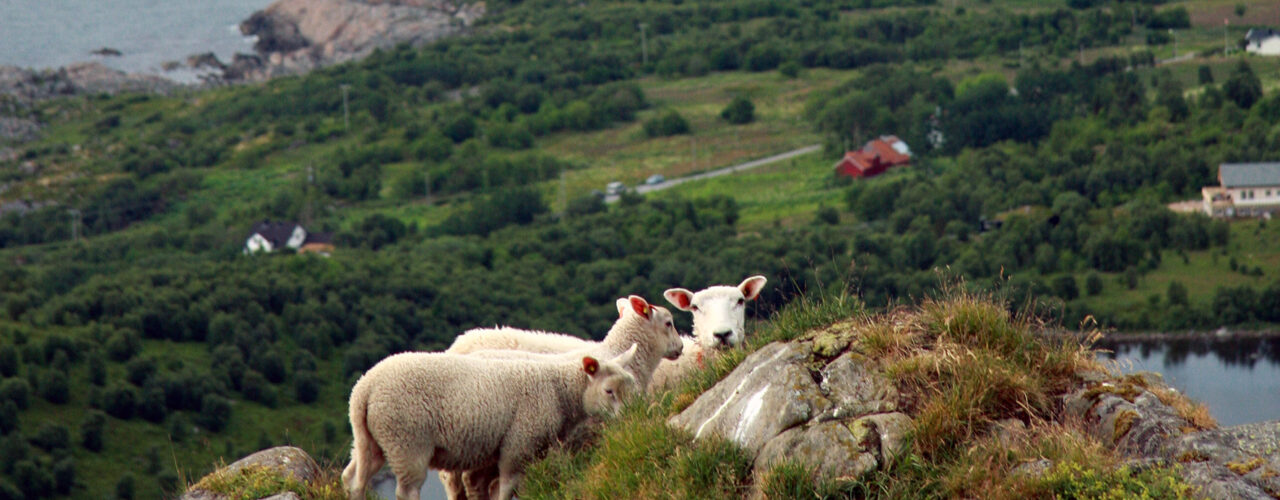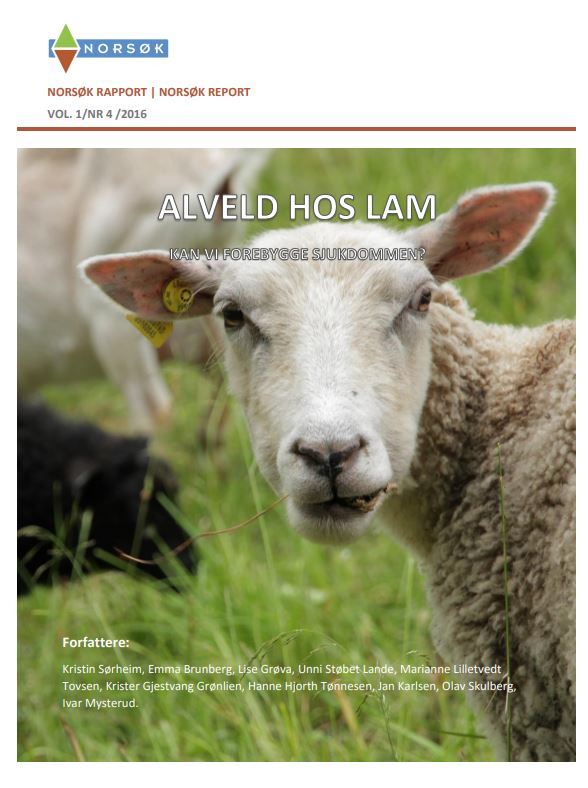
Prevention of Photosensitisation

We know that yellowses is a major cause of losses among sheep kept on rough grazing land in Norway’s coastal regions. However, we have no reliable data on the exact geographical range of the disease since it is not notifiable. The spread of yellowses and subsequent losses show spatial and temporal variations, and are difficult to predict. This applies to direct (mortality) and indirect losses, such as reduced weight gain, secondary infections and reduced carcass quality.
The considerable losses of sheep and lambs on rough grazing lands represent an ethical challenge in terms of animal welfare and are also a limiting factor in the utilisation of rough grazing resources for food production and landscape management.
So far, there is no effective prevention against yellowses. For a long time, it has been assumed that the disease is linked to the ingestion of the plant Narthecium ossifragum, commonly known as bog asphodel. The disease has been studied for many years in Norway. During the 2007 grazing season, a variety of [KK1] were found in a study on Norway’s north-western coast (municipality of Halsa). Some of the discovered bacteria produce toxins that can cause photosensitisation (hypersensitivity to light) in animals. This discovery was very important for the further research on the disease, although it has still not been completely clarified which organisms and toxins actually cause the disease.
The project’s main goal is to determine the scope and geographical range of yellowses in Norway, identify and describe potential toxins and develop a capsule containing substances that can bind the toxins in the animal before these can cause any harm.

